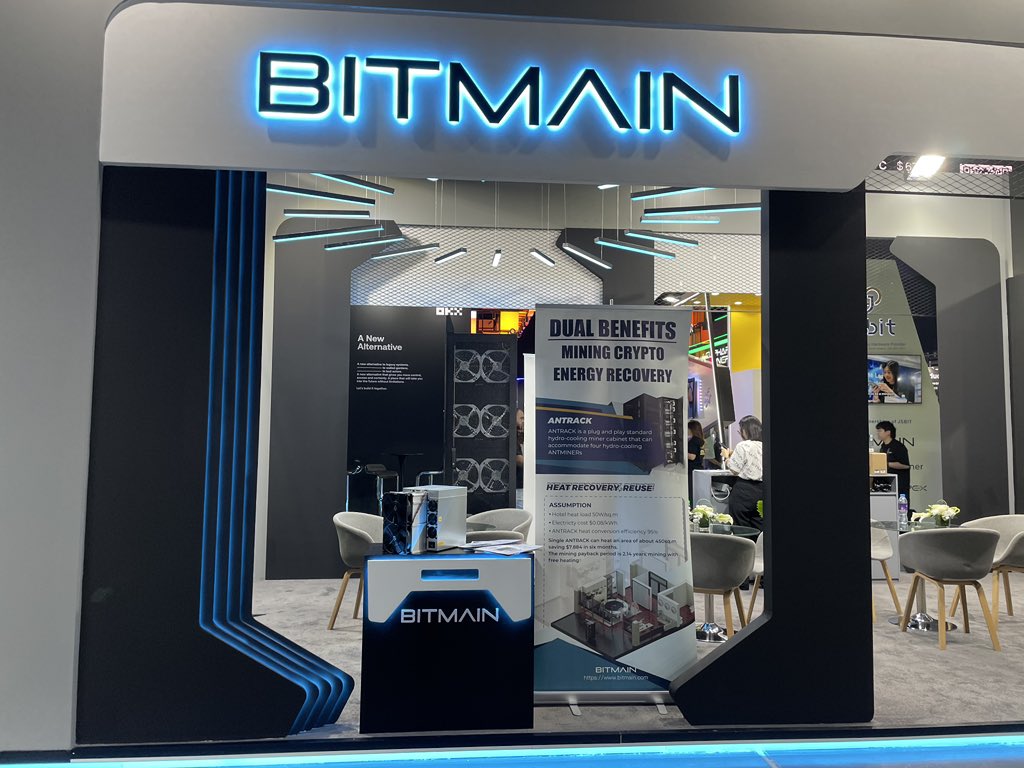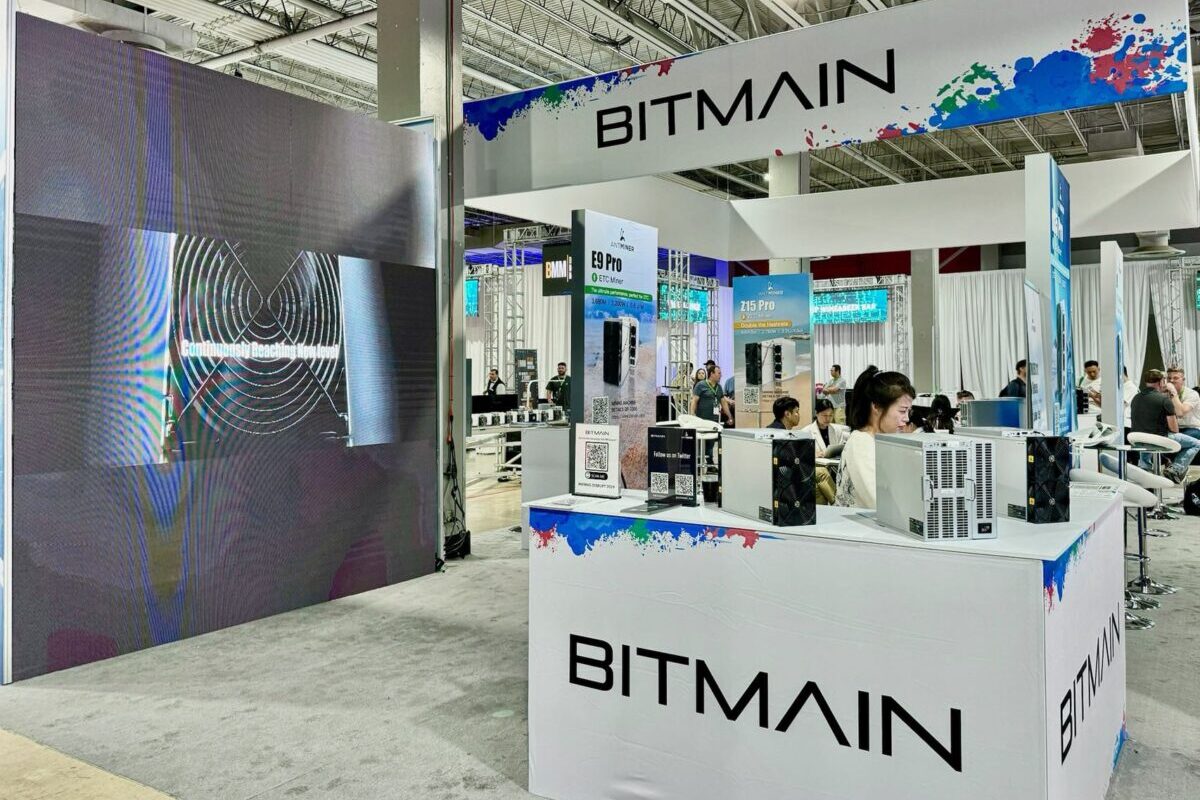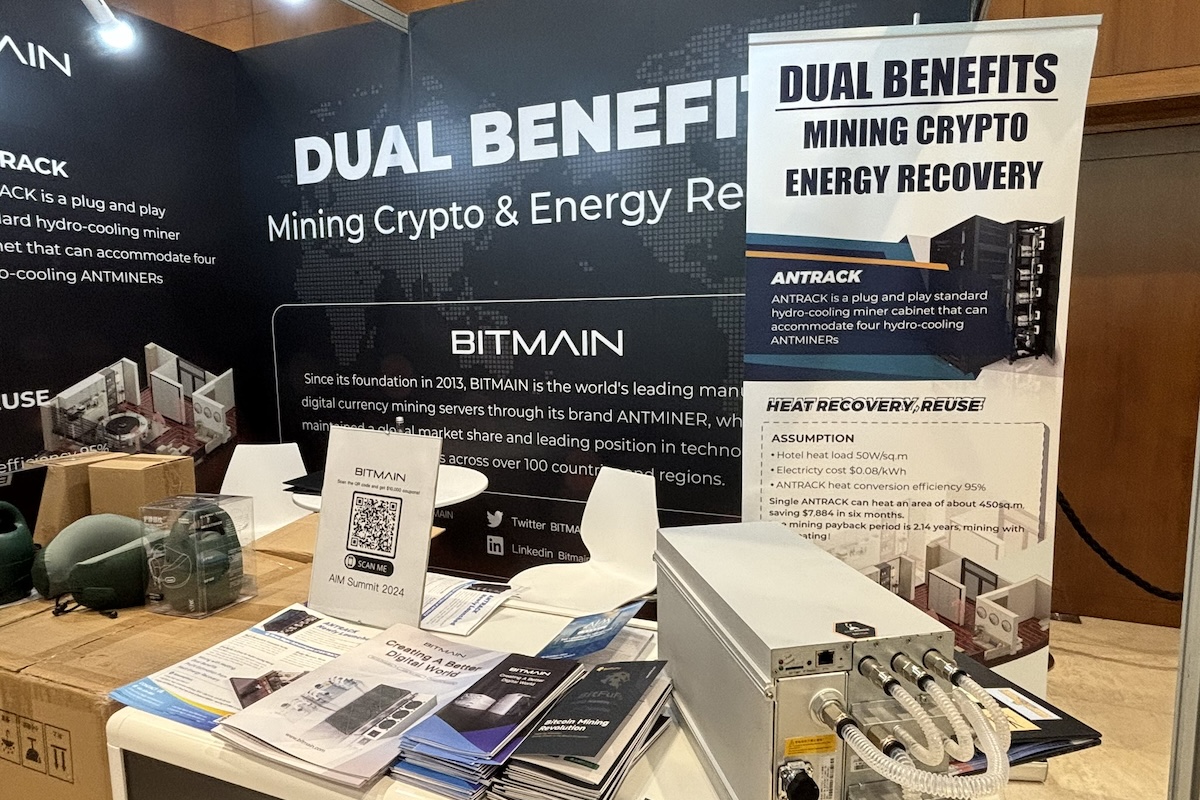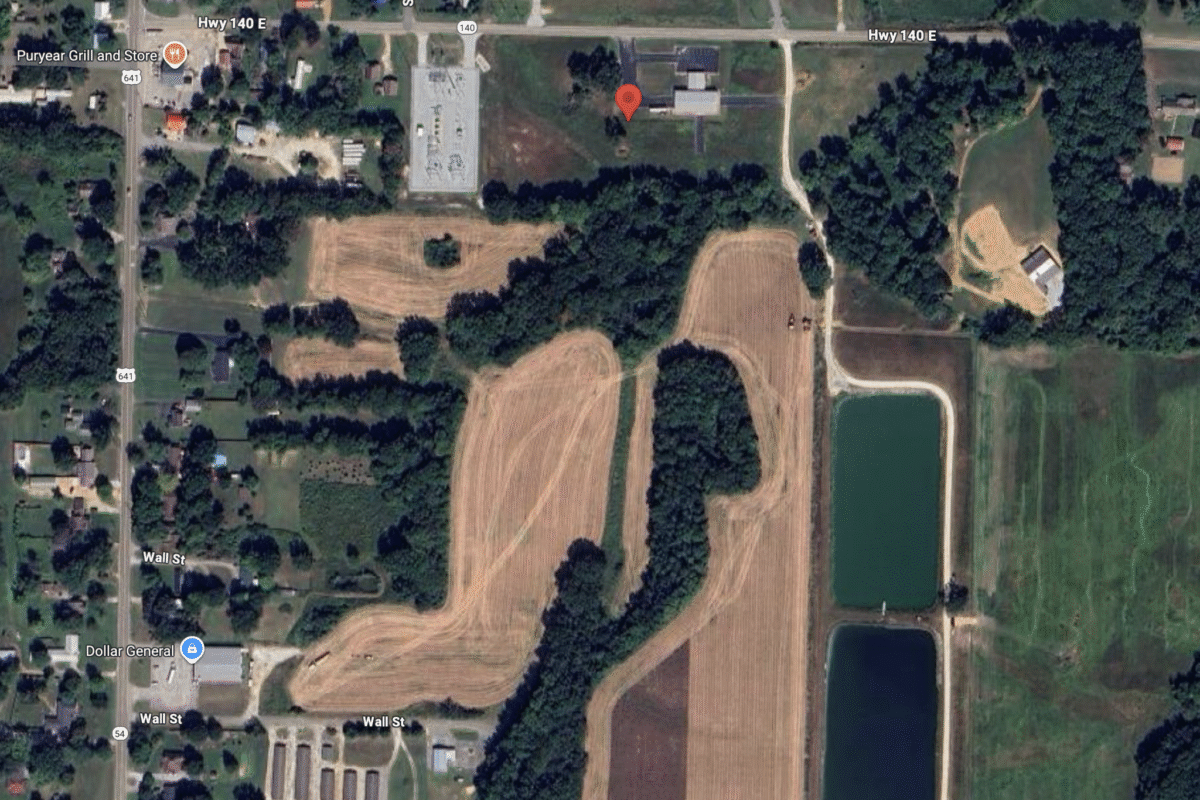Bitmain’s US Bitcoin Mining Footprint Under Scrutiny: Lawsuits Reveal Inventory Deployment

This article first appeared in Miner Weekly, BlocksBridge Consulting’s weekly newsletter curating the latest news in bitcoin mining and data analysis from TheMinerMag. Subscribe to receive in your inbox once a week.
After the 2022 bear market, Bitmain was left holding a massive backlog of Antminer S19 rigs. Yet it could not slow production of next-generation models like the S21 and S23 without jeopardizing wafer allocations from foundry partner TSMC.
As previously reported, between July 2023 and March 2024, customs records show Bitmain imported more than 50 EH/s of S19XP machines into the United States. In the months after the 2024 halving, Bitmain rolled out more advanced models, but institutional demand for new rigs has not kept pace with bitcoin’s price gains as it had in previous bull markets.
In November 2024, Bitmain’s transaction with Cango packaged 50 EH/s of on-rack hashrate into a publicly traded shell, offering a rare look at the company’s proprietary U.S. mining capacity for the first time.
Now, Bitmain’s latest footprint in America has come into sharper focus—not through disclosures but through court dockets. A string of lawsuits and arbitration rulings reveal how the company has been deploying and monetizing excess inventory via private hosting deals—and, in some cases, offloading refurbished machines to buyers.
Adding to the political dimension, Bloomberg reported this week that Rep. Zachary Nunn of Iowa has asked the Treasury Department to launch a national security review into Bitmain and its affiliate Cango. The lawmaker, who sits on the House Select Committee on the Chinese Communist Party, urged the Committee on Foreign Investment in the U.S. (CFIUS) to investigate the firms’ growing American presence.
Mapping the disputes
Orb Energy (Texas)
Orb Energy, a Bitmain hosting partner, filed for Chapter 11 bankruptcy in early August. Late last month, Bitmain filed an emergency motion asserting ownership of 2,700 Antminers located at Orb’s Van Vleck, Texas, facility. Bitmain alleged Orb diverted more than 99 BTC of rewards to itself, obstructed access, and damaged hardware by installing unauthorized firmware. The company is seeking confirmation that the miners and mined bitcoin are not part of the bankruptcy estate, stressing that the fleet was meant to mine directly for Bitmain’s account. Bitmain entered into the hosting agreement with Orb in December 2024, suggesting the machines involved were S21s.
Old Const (Tennessee)
A separate complaint filed earlier this month centers on Bitmain’s attempt to terminate a hosting deal for 7,143 Antminer S21s in Puryear, Tennessee. Old Const claims the termination was improper and that Bitmain threatened to seek possession in a non-Texas court despite a forum clause. While procedural in nature, the case confirms Bitmain had contracted for more than 25 MW of hosted capacity with Old Const to power about 2.4 EH/s of hashrate.
MakerStar Capital (Mississippi)
An arbitration case has provided the clearest adjudication to date. Bitmain prevailed against MakerStar after the host abruptly sold its Meridian, Mississippi, facility to CleanSpark and shut down operations just three months into a two-year deal. The award confirmed that Bitmain had 6,400 miners on site and secured more than $4.5 million in damages for early termination, lost profits, and legal fees.
Energy Conversion Group (Iowa)
Not all disputes involve hosting. In Iowa, Energy Conversion Group sued Bitmain earlier this month over the $4.935 million purchase of 5,000 refurbished miners. ECG alleges Bitmain misrepresented the condition of the machines, claiming they were cleaned, repasted, and hashrate verified when they were not. The case highlights Bitmain’s push to liquidate refurbished inventory in the U.S. market—and the risks that come with it.
Together, the cases outline at least 16,000 Bitmain-owned or controlled miners hosted across Texas, Tennessee, and Mississippi, totaling more than 4.2 EH/s—plus the bulk resale of refurbished machines in Iowa. These 16,000 units are only what have surfaced in court records, leaving open the question of how much additional proprietary hashrate Bitmain may still operate under the radar.
For Bitmain, the disputes are as much about inventory management as they are about legal risk. The company continues to juggle excess legacy rigs with the rollout of next-generation models, all while navigating regulatory and political scrutiny in its largest overseas market.
As noted in the last Miner Weekly issue, the mining hardware arms race has flipped—today it is the manufacturers, not the operators, on the battlefield.
Regulation News
- US Lawmaker Urges Federal Review of Bitmain and Cango Over Security Concerns: Report – TheMinerMag
Hardware and Infrastructure News
- HIVE, Bitdeer and Cipher Drive August Hashrate Growth Among Public Bitcoin Miners – TheMinerMag
Corporate News
- CleanSpark Announces Leadership Team Changes – Link
- IREN Appoints Chief Capital Officer Anthony Lewis as CFO – Link
- Two Seas Capital: $200M at Stake Explains Core Scientific’s Support for Flawed CoreWeave Merger – TheMinerMag
- Bitmain Accuses Orb Energy of Diverting Bitcoin, Damaging Miners in Texas Bankruptcy Case – TheMinerMag
- Tether eyes victory in UK High Court over Swan mining dispute: Law360 – BlockspaceMedia
Financial News
- Luxor Facilitates Financing of 5,000 Avalon Bitcoin Miners in Partnership With Canaan – TheMinerMag
- Bitdeer Announces Cleanup Redemption of All of its Outstanding Convertible Senior Note due 2029 – Link




